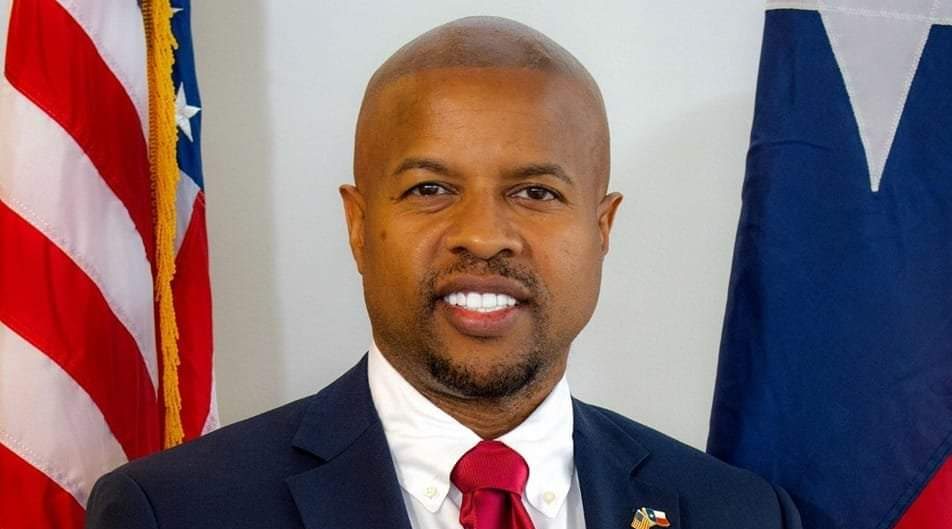Ron Eugene Reynolds is a dedicated State Representative for Texas, known for his staunch advocacy for civil rights, education, and equitable community development. Born and raised in communities facing systemic challenges, Reynolds was inspired to pursue a career that would allow him to effect meaningful change. He holds a Juris Doctor from Texas Tech University School of Law and a Bachelor’s degree magna cum laude from Texas Southern University. Throughout his tenure in the Texas House of Representatives, Reynolds has been instrumental in pushing forward significant legislative reforms aimed at enhancing public education, advancing justice, and promoting sustainable economic growth. His commitment to social equity and justice has established him as a respected leader and a passionate advocate for underrepresented communities in Texas.
How did you get started in this business?
I began my career motivated by a strong desire to serve and make a meaningful impact in my community. My journey into politics was driven by my experiences growing up in diverse communities and my professional background as a lawyer. Seeing firsthand the issues affecting my constituents inspired me to use my skills and knowledge to advocate for change and justice through legislative action.
How do you make money?
As a state representative, my earnings come from my salary provided by the state. It’s a public service role, so the primary reward is not financial but the opportunity to impact lives positively and help shape the future of my community and state.
How long did it take for you to become profitable?
In public service, the concept of ‘profitability’ doesn’t apply in the traditional business sense. Success in my field is measured by the effectiveness of the legislation passed, the improvement in the lives of my constituents, and the advancement of community projects.
When you were starting out, was there ever a time you doubted it would work?
Certainly, there were challenges and moments of doubt when I first started in politics. The political landscape can be daunting, and the process of effecting change is often slower and more complex than one might hope. However, my commitment to my values and the needs of my constituents kept me focused and driven.
How did you get your first customer?
In politics, rather than customers, we have constituents. I earned the trust of my first constituents by actively listening to their concerns, being present in the community, and demonstrating through actions that I was dedicated to serving their best interests.
What is one marketing strategy that works well to generate new business?
Building genuine relationships has been crucial. For me, this means maintaining a strong presence in the community, attending local events, and using social media to engage directly with constituents. Transparency and regular communication are key in building trust and support.
What is the toughest decision you’ve had to make in the last few months?
One of the toughest decisions has involved balancing budget constraints with the pressing needs of my constituents, especially in areas like education and healthcare. Deciding where and how to allocate limited resources requires careful consideration and often tough choices about prioritizing initiatives.
What do you think makes you successful?
I believe my success stems from a deep passion for public service and a steadfast commitment to justice and equality. My ability to empathize with the challenges faced by my constituents and my persistence in advocating for their needs have been crucial.
What has been your most satisfying moment in business?
The most satisfying moments come when I see the direct impact of my work on the lives of my constituents — whether it’s through successful legislation that improves our education system or initiatives that provide better healthcare. Knowing that my efforts have made a real difference is deeply fulfilling.
What does the future hold for your business?
The future holds continued advocacy for the people of Texas, focusing on expanding access to quality education, advancing civil rights, and fostering sustainable development. I aim to continue pushing for policies that will ensure a brighter, more equitable future for all constituents.
What business books have inspired you?
While not strictly business books, works like “Leadership on the Line” by Ronald A. Heifetz and Marty Linsky, which explores the challenges of leadership in action, and “The Audacity of Hope” by Barack Obama, which discusses the intertwining of personal values with public service, have been incredibly inspiring.
What advice would you give to your younger self?
I would tell my younger self to remain steadfast and patient. Change doesn’t happen overnight, and the path of public service is fraught with challenges. Stay true to your values, continue to listen to those you serve, and never lose sight of why you started this journey.
Are you willing to be a mentor?
Absolutely, I am always open to mentoring young individuals aspiring to make a difference through public service. Sharing my experiences and insights to help shape the next generation of leaders is not just a duty but a privilege.

